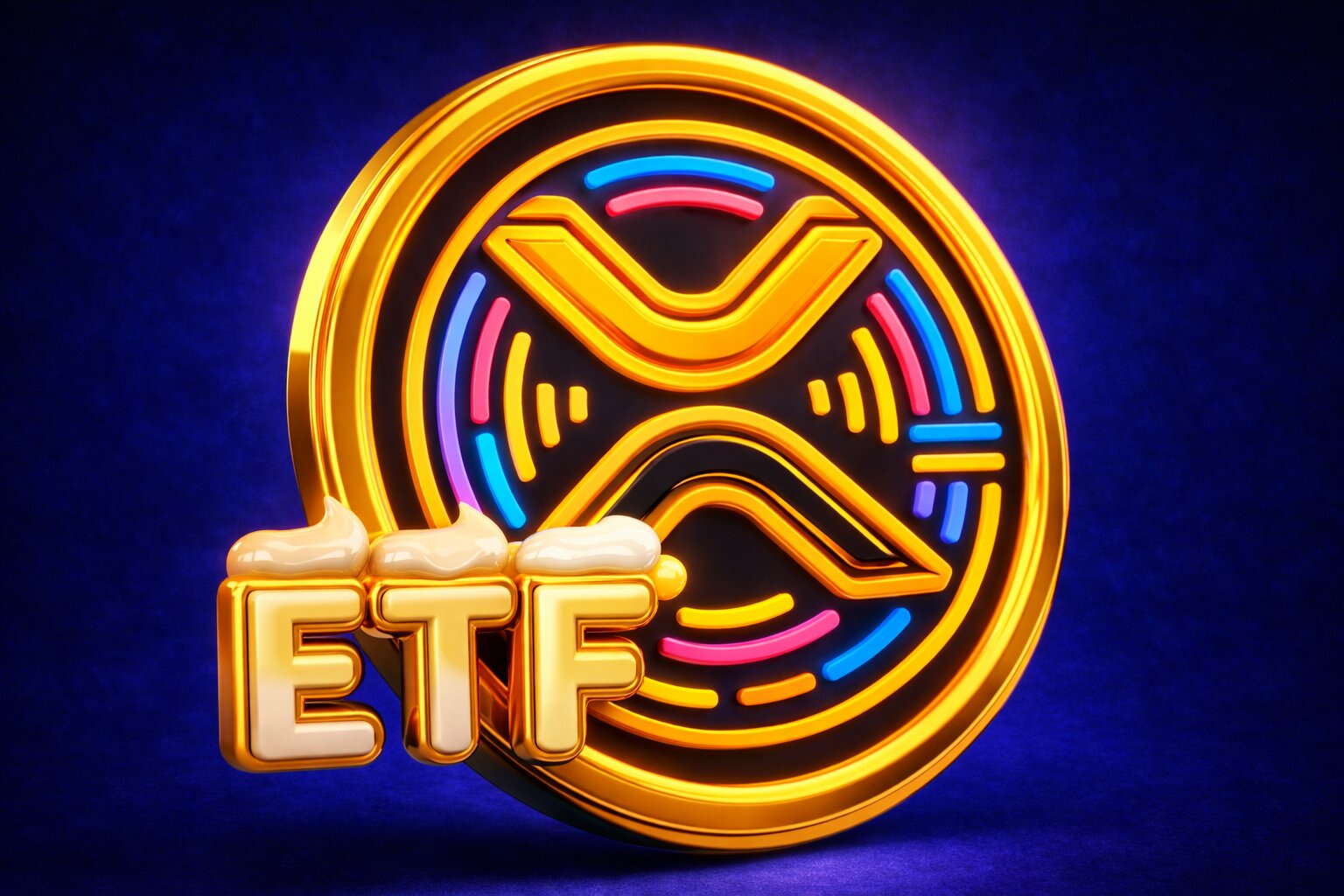Bitcoin's Stability Surge: Boosting Dogecoin and Crypto Adoption
Reduced Volatility Paves the Way for Enhanced Investor Confidence in Digital Assets
Bitcoin's decreasing volatility is shaping the future of the cryptocurrency market, making it a more attractive investment option for risk-averse investors. This shift in volatility has the potential to benefit not only Bitcoin but also other cryptocurrencies like Dogecoin.
The growing number of investors treating Bitcoin as a long-term investment option is one of the primary reasons behind this decreasing volatility. This change in investor behavior results in more stable demand, leading to less price fluctuation. The maturation of the Bitcoin market also plays a role, as it moves from being a niche investment alternative to a mainstream option for millions of investors and institutions.
These factors contribute to Bitcoin's increasing market cap, which stands at nearly $600 billion. The larger market cap makes it more difficult for large traders or institutional investors to significantly impact Bitcoin's price, further reducing its volatility.
The decreasing volatility of Bitcoin is not an isolated phenomenon, as it can potentially impact other cryptocurrencies like Dogecoin. Dogecoin has gained significant attention and value in recent years, despite being created as a joke. In a recent interview with Fox Business reporter Eleanor Terrett, Marshall Hayner, the CEO of financial services company Metallicus and Board Member of the Dogecoin Foundation, argued against the US SEC's classification of Dogecoin as a security.
Hayner emphasized the decentralized nature of Dogecoin and its status as a "community-driven" cryptocurrency. He also pointed out that Dogecoin is a fork of Bitcoin, which means it should not be categorized as a security if Bitcoin isn't. As the market matures and Bitcoin's decreasing volatility leads to broader adoption, cryptocurrencies like Dogecoin could also benefit from increased interest in digital assets.
Moreover, the gradual decrease in Bitcoin's volatility makes it more comparable to traditional assets found in most investment portfolios. This change in risk profile may attract a wider range of investors with varying risk tolerances. The increased demand for Bitcoin, combined with its finite supply of 21 million coins, could help stabilize its price and potentially lead to price appreciation in the long run.
Another important aspect to consider is the evolving regulatory environment surrounding cryptocurrencies. As governments and financial institutions become more familiar with digital assets, new regulations could be introduced to provide clarity and stability to the market. These regulatory changes may further contribute to the decreasing volatility of cryptocurrencies like Bitcoin and Dogecoin, making them more appealing to investors.
Additionally, the development of cryptocurrency-focused financial products, such as exchange-traded funds (ETFs), plays a role in shaping the market. ETFs like the ProShares Bitcoin Strategy ETF (BITO) and the ProShares Short Bitcoin Strategy ETF (BITI) demonstrate the growing interest in and apprehension surrounding Bitcoin's performance. As the market continues to evolve, more financial products may be introduced, providing investors with diverse options for exposure to cryptocurrencies.
In summary, the decreasing volatility of Bitcoin is a significant factor shaping the future of the cryptocurrency market. This trend has the potential to make Bitcoin, as well as other cryptocurrencies like Dogecoin, more attractive to a broader range of investors. With the market still maturing and more investors adopting digital assets as legitimate investment options, the future of cryptocurrencies looks promising. As the market continues to evolve, factors such as regulation, the development of financial products, and broader adoption of digital assets will play crucial roles in determining the long-term success of cryptocurrencies like Bitcoin and Dogecoin.
Read More
-
QQQ ETF Price Forecast - QQQ at $600.91: Nasdaq Growth Weighs Jobs Shock, High Yields and AI Productivity
12.02.2026 · TradingNEWS ArchiveStocks
-
XRPI And XRPR ETF Prices Lag At $7.74 And $11.44 While $1.23B XRP ETF Flows Test A Weak $1.38 Spot
12.02.2026 · TradingNEWS ArchiveCrypto
-
Gold Price Forecast: XAU/USD Guards $5,000 as Wall Street Maps Run Toward $6,100–$7,200
12.02.2026 · TradingNEWS ArchiveCommodities
-
EUR/USD Price Forecast: Can the Euro Clear 1.1900 as Dollar Momentum Fades Below 97?
12.02.2026 · TradingNEWS ArchiveForex


















